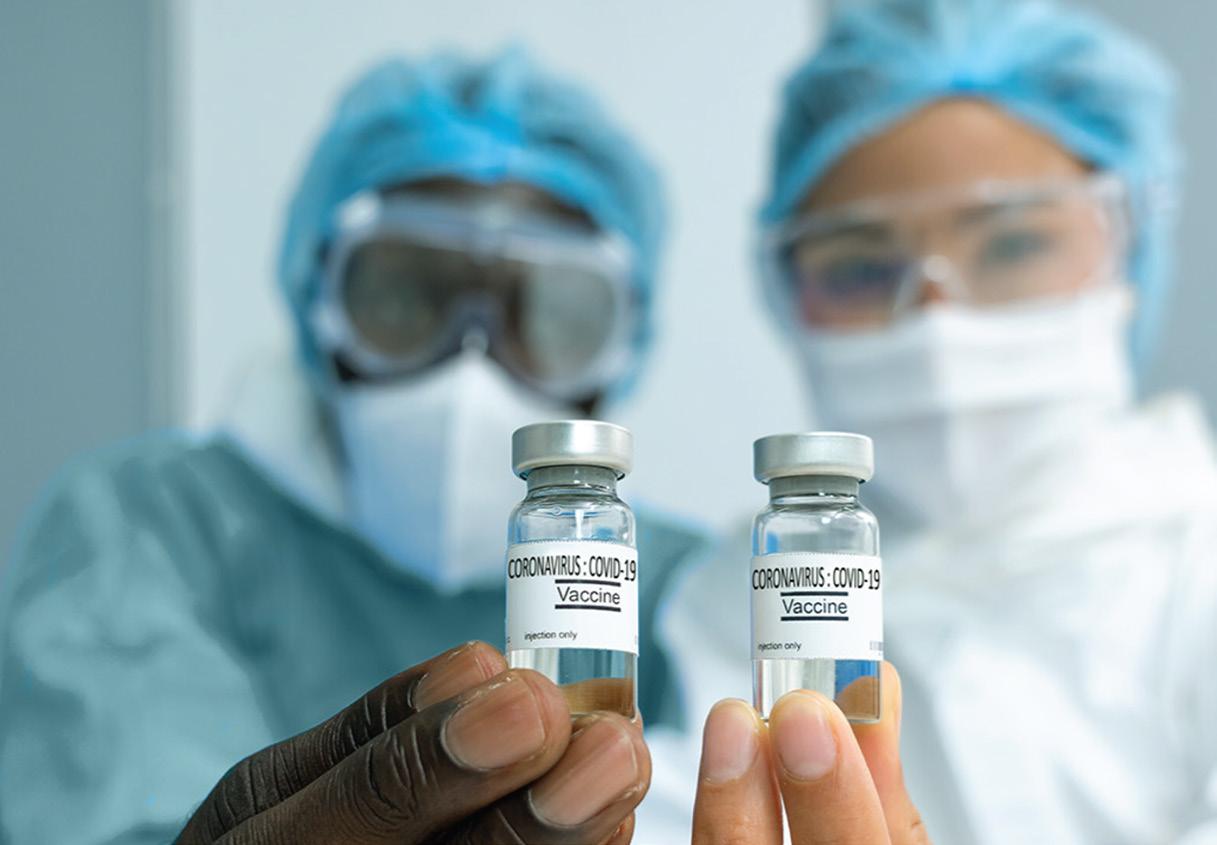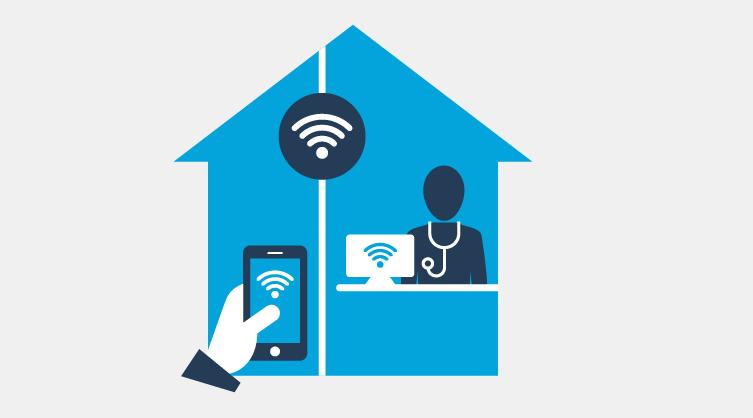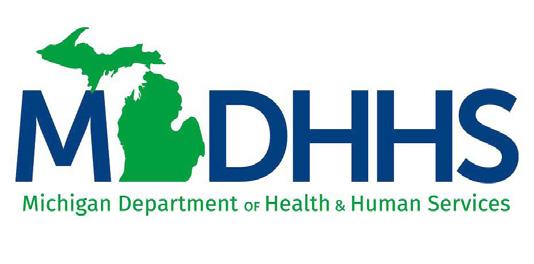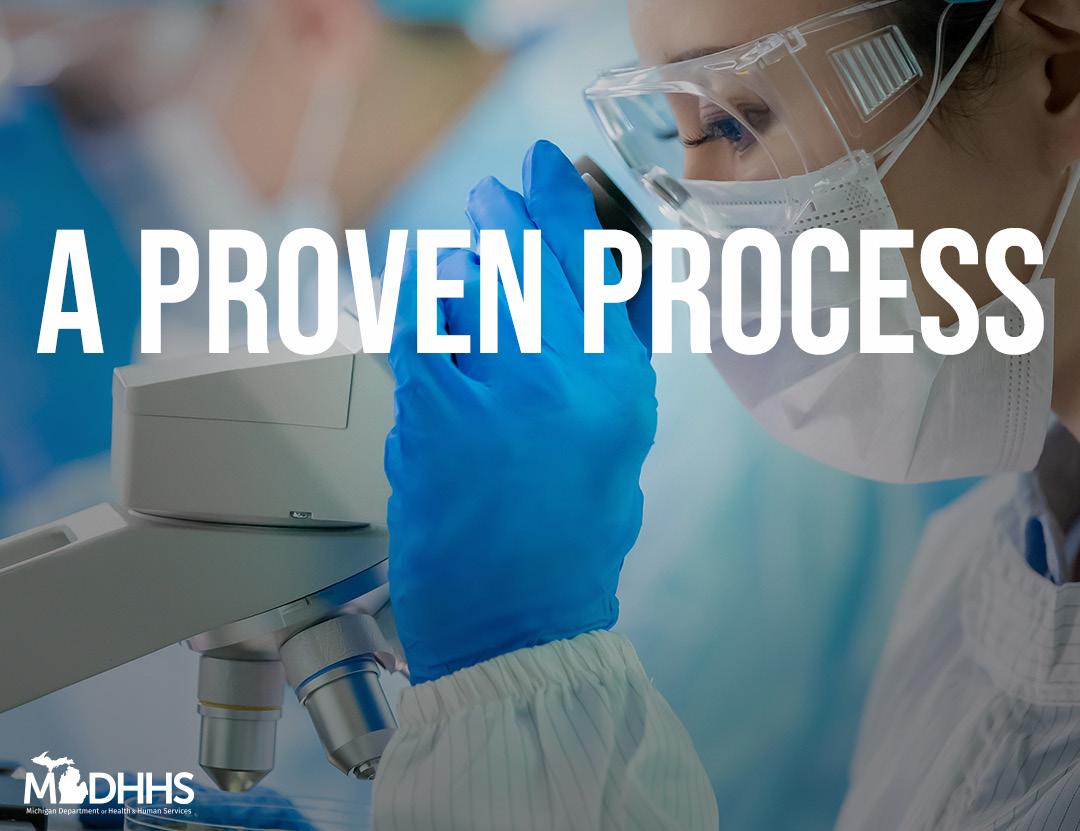HOSPITAL NEWS
Henry Ford Macomb Hospital POST ICU BRAIN HEALTH CLINIC FOR COVID-19 PATIENTS OPENS Henry Ford Health System has established a specialty clinic to treat COVID-19 and other patients who have lingering cognitive, emotional and mental health conditions after being hospitalized in the intensive care unit.
As an increasing number of COVID-19 patients recover and are discharged from the hospital, it is anticipated that well into the future, many will need help getting back to their normal physical and mental functioning. Henry Ford’s Post ICU Brain Health Clinic opened recently at its neuropsychology centers in Detroit and West Bloomfield. Clinic staff conduct evaluations, make recommendations for treatment and provide resources for anyone ages 55 and older who was hospitalized in the ICU in the past year and continues to experience cognitive, behavioral or psychiatric symptoms. In addition, services will be offered for caregivers to learn new tools and strategies for caring for and supporting their loved one as well as home health visits to assist patients with using telemedicine. The clinic is headed by board-certified neuropsychologists with specialized expertise in aging, neuropsychiatric conditions, assessment and treatment of older adults and caregivers. It was made possible by a $500,000 Healthy Aging Grant from the Michigan Health Endowment Fund. A portion of the funding will be allocated to help uninsured patients overcome their financial barrier to receiving these much-needed services. “Patients who end up in the ICU can experience lasting issues with mental processing and carrying out simple tasks,” said project coordinator Maya Pinjala, PhD. “Also, emotional issues may be compounded because patients are not able to have visitors in the hospital or establish a personal connection with their providers because of the facemask and other PPE they’re wearing.” Critical illness represents a serious condition that requires treatment in an ICU. Approximately 1.4 million older adults in the United States survive an episode of critical illness each year, and an estimated 30% to 80% of them experience a wide range of physical, cognitive, and psychiatric impairments following discharge from the hospital. 4 Macomb Medicus | April/May/June 2021
Family members of ICU patients may also experience anxiety, acute stress disorder, post-traumatic stress, depression, or complicated grief, a syndrome known as post-intensive care syndrome-family (PICS-F), which can directly affect the family member’s ability to fully engage in caregiving functions. As a result of their ICU experience, some patients will also suffer from mental health disorders such as PTSD, anxiety, problems sleeping and depression. “This clinic aims to minimize post intensive care syndrome (PICS) symptoms and maximize a patient’s recovery from serious illness,” said Brad Merker, PhD, Division Head of Neuropsychology for Henry Ford’s Behavioral Health Services. Once a referral is made and criteria are met, patients and caregivers will complete a comprehensive neuropsychological examination to help understand their difficulties. A portion of the evaluation will be conducted virtually, and the other half completed at the clinic. Referrals for patients and their caregivers can be made by calling 313-874-4846.
HENRY FORD HEALTH SYSTEM GOES HIGH-TECH WITH TELEMEDICINE
Henry Ford Health System is taking telemedicine to a new level with technology that allows doctors to remotely look inside a patient’s throat and ears, listen to their heart and lungs, examine skin conditions and more without the patient having to leave their home. Approved for use by the U.S. Food and Drug Administration, the Tyto Care™ technology in the Henry Ford Virtual Exam Kit has a built-in camera and three special adapters—an otoscope, a stethoscope and a tongue depressor—that enhances the capability and convenience of a virtual visit. “As the number of patients choosing telemedicine remains high, we’re excited to be the only healthcare system in eastern Michigan to bring this game-changing technology to our patients,” said Steven Kalkanis, MD, CEO of the Henry Ford Medical Group and Senior Vice President and Chief Academic Officer of Henry Ford Health System. “We believe this technology elevates the video visit experience and may help patients avoid an in-person visit to urgent care or the emergency department.” The hand-held device in the virtual exam kit fits in the palm of your hand. It connects with your smartphone, then securely to My Chart, a free service offered to Henry Ford patients that









